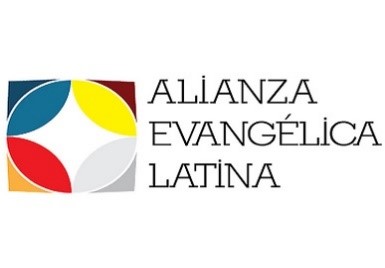
The Latin Evangelical Alliance “AEL”, is an international religious organization that brings together the Alliances, Fellowships, and Associations of Evangelical Churches of Latin America: Argentina, Belize, Brazil, Bolivia, Colombia, Costa Rica, Cuba, Chile, El Salvador, Ecuador, Spain, United States, Guatemala, Honduras, Mexico, Nicaragua, Panama, Paraguay, Peru, Dominican Republic, Uruguay and Venezuela; on the occasion of the realization of its 8th General Assembly, in New York City (USA), on October 18-22, 2021, issues the following:
STATEMENT
1.- Religious freedom is the power of every human being to self-determine in matters of faith, to freely adhere to a confession (or not adhere to any) and to profess it without interference or restrictions, in public or in private, individually or collectively, and express it in any subject or individual, social or collective activity, whether of a private or public nature.
2.- Religious Freedom is inherent to every person and includes freedom of conscience, religion and worship, expressed in oral, written or visual form.
3.- The individual and collective rights of Religious Freedom must be broadly established, in such a way that they guarantee their adequate fulfillment and at no time in a restrictive way that less fit their essence, scope and exercise, all within the limits to the rights of others, public liberties and the Universal Declaration of Human Rights of 1948. To this end, the States will maintain relations of dialogue and cooperation with representative evangelical entities.
4.- We affirm that Religious Freedom is the fundamental and pre-foundational right on which the Rule of Law is built in all countries that assume Democracy as a government system.
5.- The individual and the family (based on biblical principles), are the primary nucleus of society, and are constituted in the first social instance of Religious Freedom, the same that is exercised from the authority of the parents through the fatherhood and motherhood.
6.- Religious communities are an essential part of the exercise of religious freedom in its community dimension. Therefore, the decision of a group of people who profess a faith to establish a Church or another type of organization based on faith, must entail the legal recognition of the State of said decision and the recognition as a legal person, whose operation and organization will be of according to its precepts and internal rules.
7.- Religious freedom is not a concession by Governments or International Organizations, but an inalienable right of individuals and religious entities and a responsibility of the State, and must be respected by the regulations of the countries and the resolutions of International Organizations and at no time or in any way be restricted.
8.- The States, through all their institutions and at all levels, must guarantee the exercise of Religious Freedom in its individual and collective facet against actions or expressions, of any nature, that seek to limit or prevent it, whether they come from the public or private sector, taking all necessary and sufficient measures. Among the rights that deserve special protection are the right not to suffer discrimination based on religious convictions, the education of children and conscientious objection.
9.- In the exercise of religious freedom and in our condition as citizens that we are who make up the Latin Evangelical Alliance, we assume the challenge of contributing to the construction of our societies, institutions and countries with our actions, values and principles based on our convictions of faith.
10.- As an International Organization of an evangelical Christian character, we assume the dissemination, defense and incidence of religious freedom, before international organizations and the countries and societies of which the members of the Latin Evangelical Alliance are parties.





Stay Connected